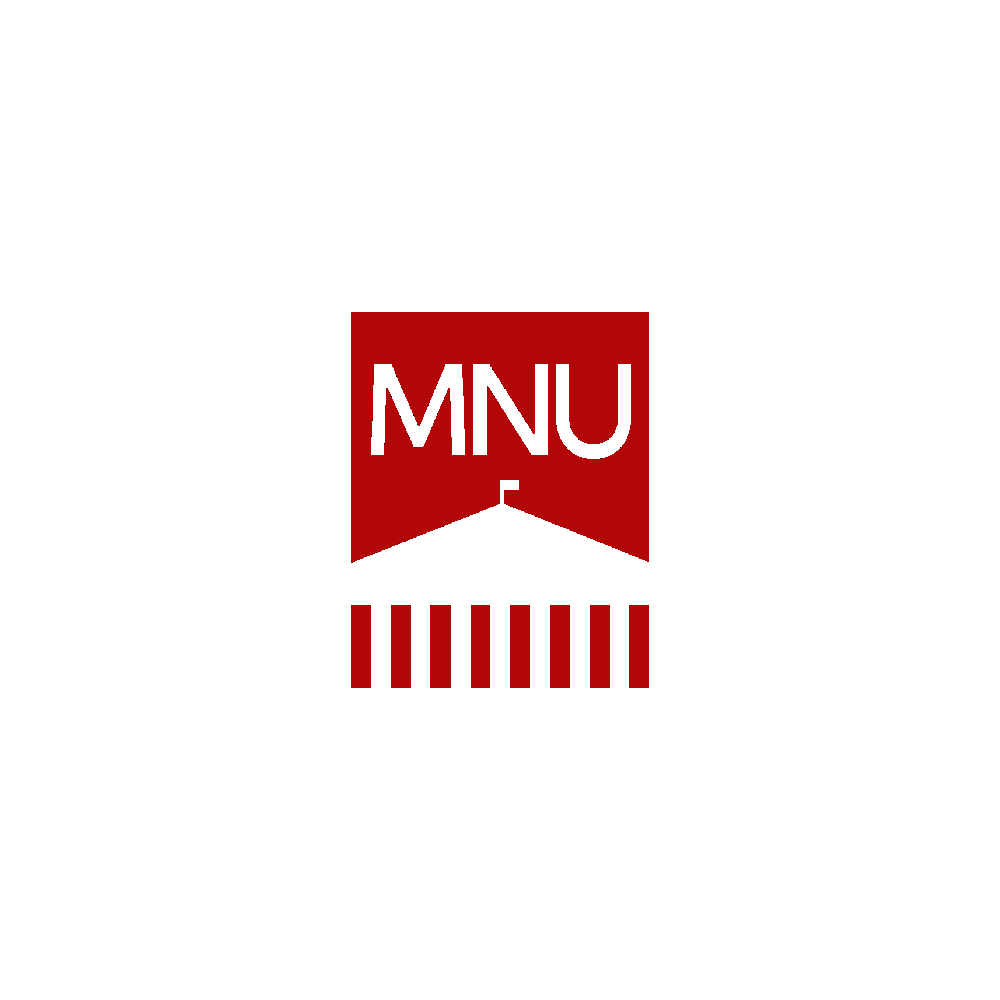

The programme aims to train a new generation of highly qualified journalists proficient in both traditional and emerging media formats. It emphasizes the development of practical skills to cultivate versatile specialists who can operate at an international level. Graduates will be equipped to cover local, national, and global events comprehensively, objectively, and with high-quality reporting, incorporating a distinct Kazakh perspective.
|
Educational Programme
|
Language of Instruction |
Total UNT Score – Admission Requirement |
UNT Score Requirements for State Grant Competition |
Requirements for UNT Profile Subjects (Creative Exam) |
English Language Requirements | ||
| IELTS 2025-2026 | TOEFL | PET/FCE/CAE | |||||
| International Journalism | K/E
R/E |
58 | 100 out of 130 | The minimum for the Essay – 25 and the maximum for the Interview – 50 |
4.0 | min. 30 | РЕТ min. 140 FCE min. 140 CAE min. 160 |
Duration: 3 years (trimester system)
Languages of instruction: Kazakh, Russian and English
Programme features: In the first year, students undergo intensive English language training to ensure they can study the majority of subjects in English from the second year onward. Starting in their second year, students select a working language for producing journalistic materials—Kazakh, Russian, or English—while continuing to take most specialized courses in English.
This is necessary for several reasons:
Students will be able to work with primary sources in English, enhancing both their journalistic activities and their ability to apply media trends, which are primarily shaped in the English-language media sphere. Proficiency in English is essential for graduates to ensure continuous professional development and competitiveness in the international job market.
As the number of English-language editorial offices in Kazakhstan continues to grow, the demand for English-speaking journalists will increase. Expanding the local pool of English-speaking journalists will help reduce the global information gap about Kazakhstan and improve the country’s overall image. Additionally, at the early stages of the program, students will acquire fundamental journalistic skills and competencies across various formats.
By the beginning of the second year, students will choose a minor in one of two areas:
Video Journalism
Analytical Journalism
Each minor includes specialized courses for deeper immersion, allowing students to refine their expertise in their chosen field and prepare for careers as journalists and media specialists in both local and international media. Students who opt for courses from different minors will not receive a minor certificate upon graduation.
Advantages of the programme:
|
Minors
|
|||
|
Video journalism
|
ECTS
|
Analytical journalism
|
ECTS
|
|
Broadcast journalism
|
5
|
Data processing and analysis I
|
5
|
|
Introduction to Documentaries
|
5
|
Data processing and analysis II
|
5
|
|
Video storytelling I
|
10
|
MNU Newsroom I
|
10
|
|
Video storytelling II
|
10
|
MNU Newsroom II
|
10
|
|
Total number of credits
|
30
|
Total number of credits
|
30
|